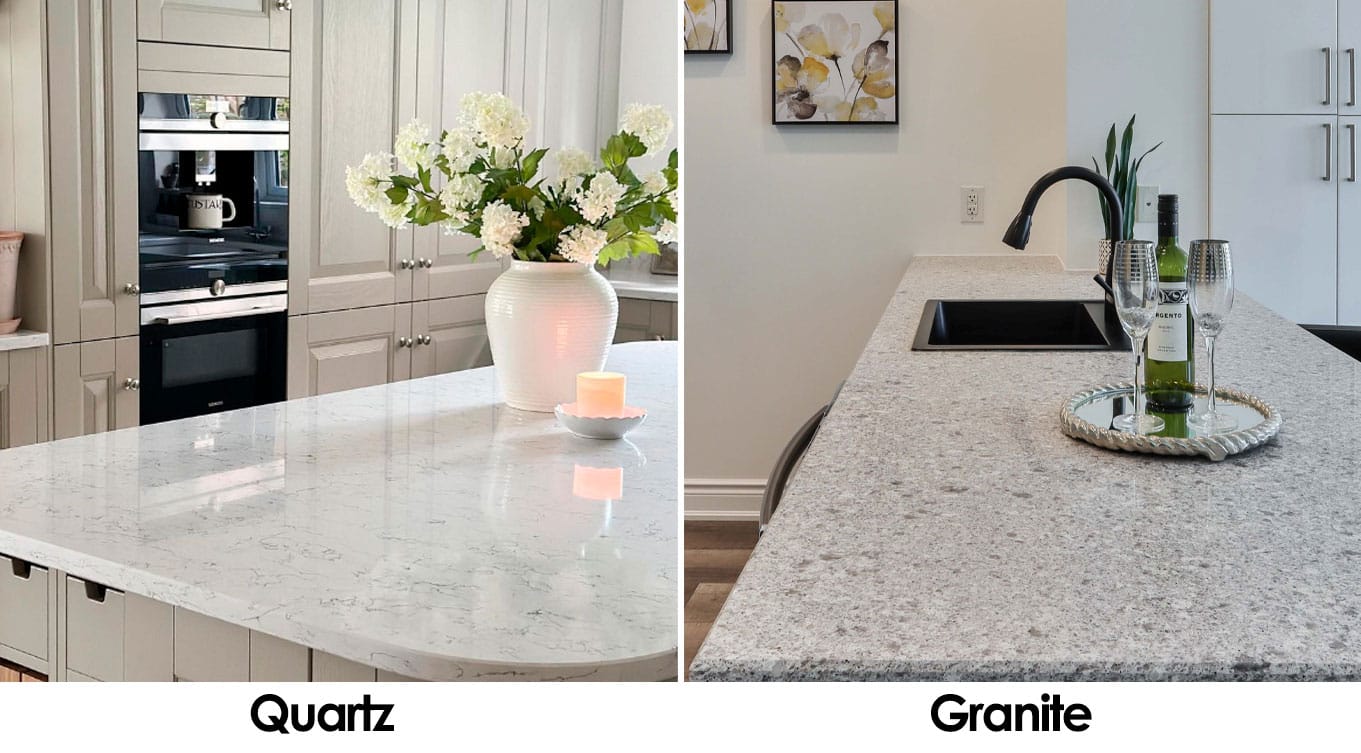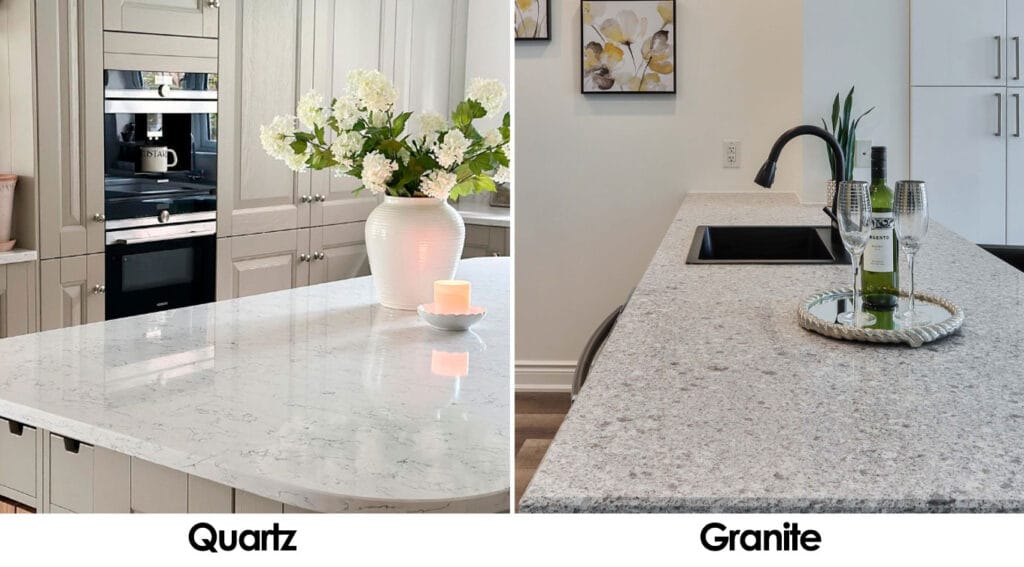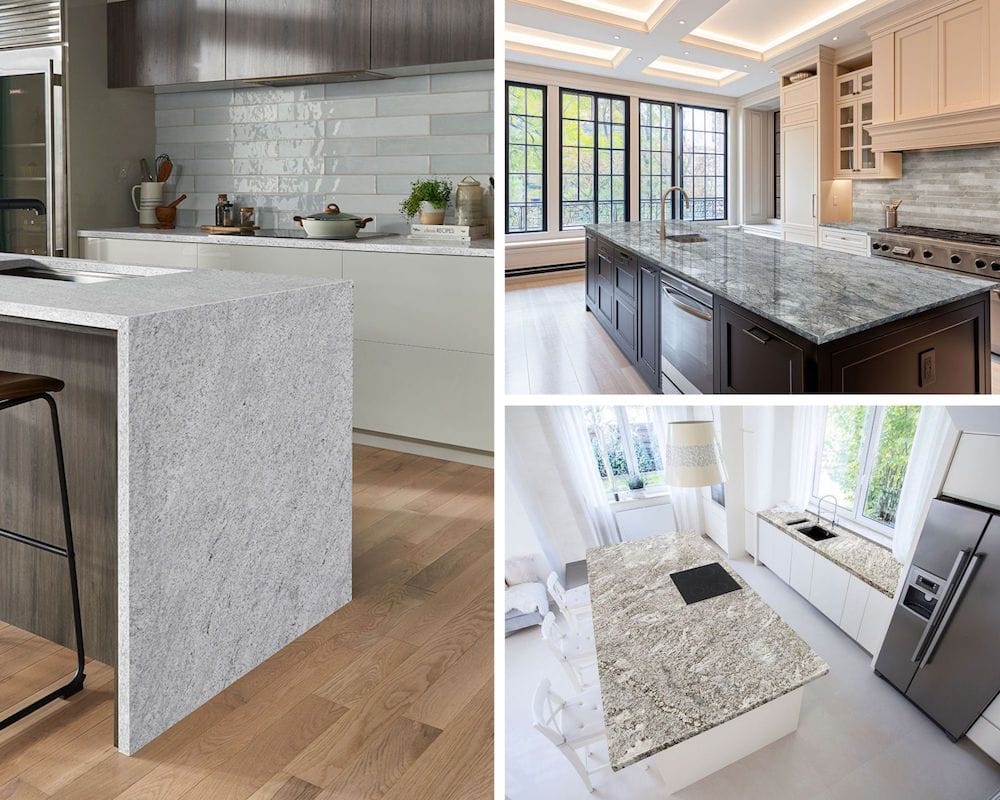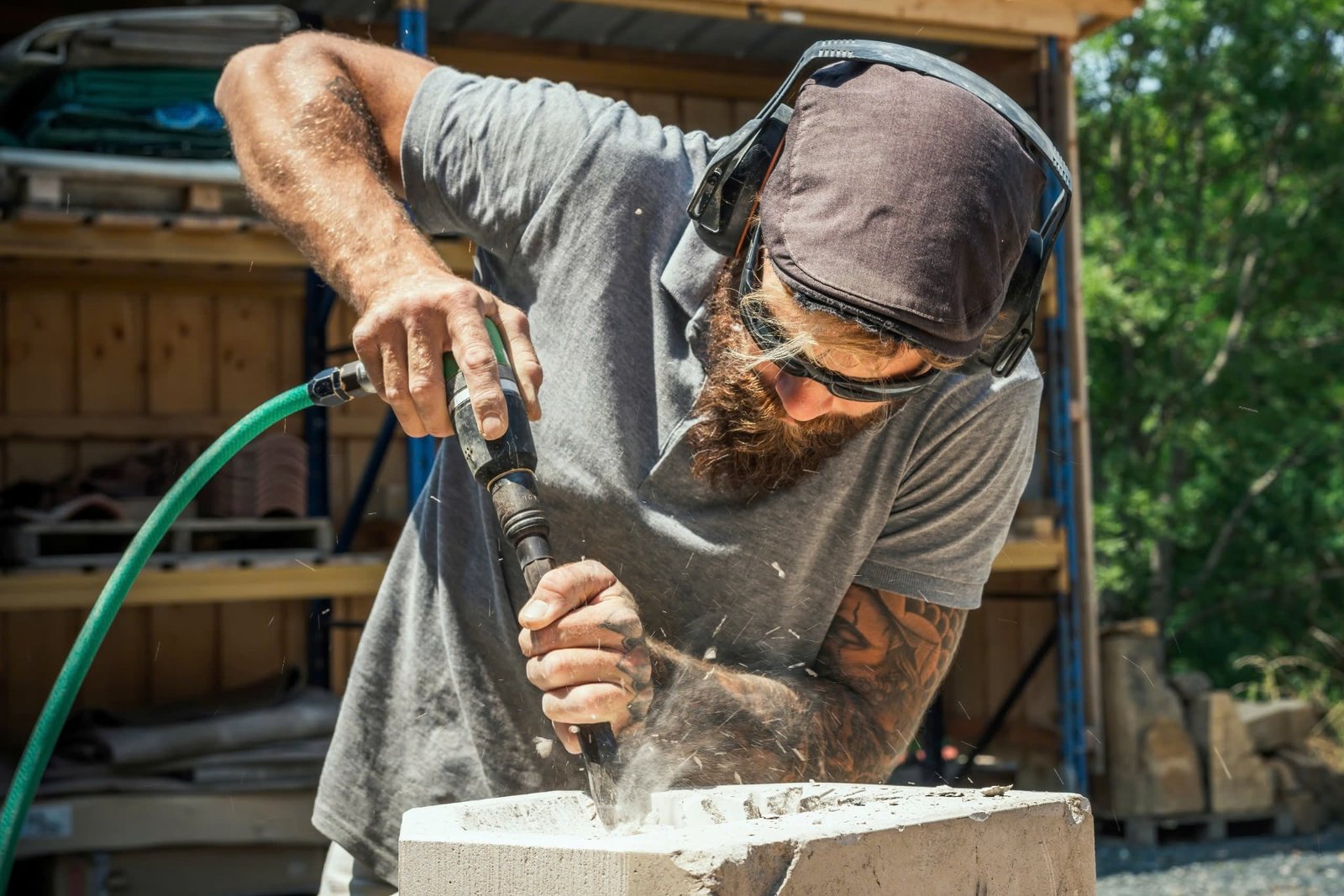
Granite countertops continue to be a top choice for homeowners who value elegance, durability, and natural beauty in their kitchen or bathroom spaces
Granite countertops continue to be a top choice for homeowners who value elegance, durability, and natural beauty in their kitchen or bathroom spaces. However, granite is a porous natural stone, which means it requires proper sealing to protect it from stains, bacteria, and moisture intrusion.
In this comprehensive guide, we’ll explain what to use to seal granite countertops, compare different types of granite sealers, provide expert tips for application, and help you choose the best sealing product for your surface type—whether it’s polished granite countertops, honed granite countertops, or granite slabs for countertops.

Why Sealing Granite Countertops Is Important
While granite is renowned for its hardness and heat resistance, it’s still vulnerable to absorbing liquids like oils, wine, coffee, and cleaning agents. This is particularly true for:
- White granite countertops
- Brown granite countertops
- Honed granite countertops
- Granite kitchen countertops
Sealing provides a protective layer that repels stains, enhances shine, and helps your custom granite countertops last longer. If you’re wondering Do You Have to Seal Granite Countertops?, the answer is almost always yes.

Types of Sealers for Granite Countertops
When choosing a sealer, there are two main types:
🧴 Penetrating (Impregnating) Sealers
These are absorbed into the granite and form a protective barrier beneath the surface without altering the look of the stone.
Best for:
- Granite bathroom countertops
- Natural stone countertops in high-moisture areas
- Polished or honed granite countertops
Pros:
- Long-lasting (up to 3–5 years)
- Does not change the stone’s appearance
- Resistant to water, oil, and acidic substances
🧽 Topical Sealers
These sit on top of the stone and form a surface-level barrier. They can sometimes add a glossy finish.
Best for:
- Low-use granite countertops
- Decorative granite slabs or stone backsplashes
Cons:
- Less durable
- Requires frequent reapplication (every 6–12 months)
- Can create buildup or dullness over time
Top Recommended Granite Sealer Products
When deciding what to use to seal granite countertops, consider these tried-and-tested options:
- Granite Gold Sealer
- Water-based, non-toxic
- Good for food-prep areas
- STONETECH BulletProof Sealer
- Excellent for high-end granite countertops
- Lasts up to 5 years
- TriNova Granite Sealer & Protector
- Dual-purpose cleaner and sealer
- Suitable for daily maintenance
- Black Diamond Granite Plus
- Enhances dark stone like black granite countertops
- Leaves a streak-free shine
How to Seal Granite Countertops: Step-by-Step Guide
Step 1: Clean the Surface Thoroughly
Use a mild, pH-balanced cleaner designed for natural stone. Avoid harsh chemicals like bleach or vinegar.
Step 2: Dry the Surface
Make sure the surface is completely dry before applying the sealer.
Step 3: Apply the Sealer Evenly
Spray or pour the sealer over the granite. Use a soft cloth to spread it evenly across the entire surface.
Step 4: Let It Absorb
Allow the sealer to sit for 15–30 minutes (check the label). Wipe off any excess with a clean cloth.
Step 5: Buff the Surface
Use a microfiber cloth to buff the granite, enhancing its natural sheen.
Want more shine? Read How Long to Wait After Sealing Granite Countertops
How Often Should You Seal Granite Countertops?
Here’s a general rule:
| Countertop Type | Resealing Frequency |
|---|---|
| Kitchen Granite | Every 12–18 months |
| Bathroom Granite | Every 2–3 years |
| Outdoor Granite | Every 6–12 months |
| Honed Granite | Every 1–2 years |
Mistakes to Avoid When Sealing Granite
- ❌ Using Vinegar or Ammonia Cleaners – These can erode the sealer.
- ❌ Skipping the Cleaning Step – Dirt and oils get trapped under the sealant.
- ❌ Not Testing Absorption – Do a water test: a drop that darkens the granite means it’s time to reseal.
Is Sealing Different for Polished vs. Honed Granite?
Yes. Polished granite countertops are smoother and less porous, so they may need less frequent sealing. Honed granite, by contrast, is more absorbent and may require sealing every year.
Granite Countertops vs Quartz: Do You Seal Both?
No. Quartz is non-porous and doesn’t require sealing.
Learn more:
What Are Quartz Countertops?
How Do They Make Quartz Countertops?
What Are Quartz Countertops Made Of?
Maintaining Granite Countertops After Sealing
- Use a stone-safe cleaner
- Avoid acidic substances
- Wipe up spills immediately
- Use trivets for hot pots
Looking for lifting tools? Check out the Paver Lifter
Where to Buy Granite Countertops and Sealers
Look for sealers at your local granite countertop showroom [location], or ask local granite fabricators for recommendations. Many wholesale granite countertops suppliers also offer professional-grade sealers.
You can find granite installers and suppliers near you by searching:
- Granite countertops in [city name]
- Top-rated granite countertop installers near me
- Granite countertops with white cabinets
- Granite countertops near me
Final Thoughts
Sealing your granite countertops isn’t just a recommendation—it’s a requirement for long-lasting performance and beauty. Choosing the right sealing product based on your countertop type and finish is the first step toward protecting your investment.
Whether you have granite kitchen countertops, granite slabs for outdoor kitchens, or affordable granite countertops for modern kitchens, proper sealing ensures they stay resistant to stains, moisture, and wear for years.
🔗 Also read:
Do You Have to Seal Granite Countertops?
How Long to Wait After Sealing Granite Countertops?

